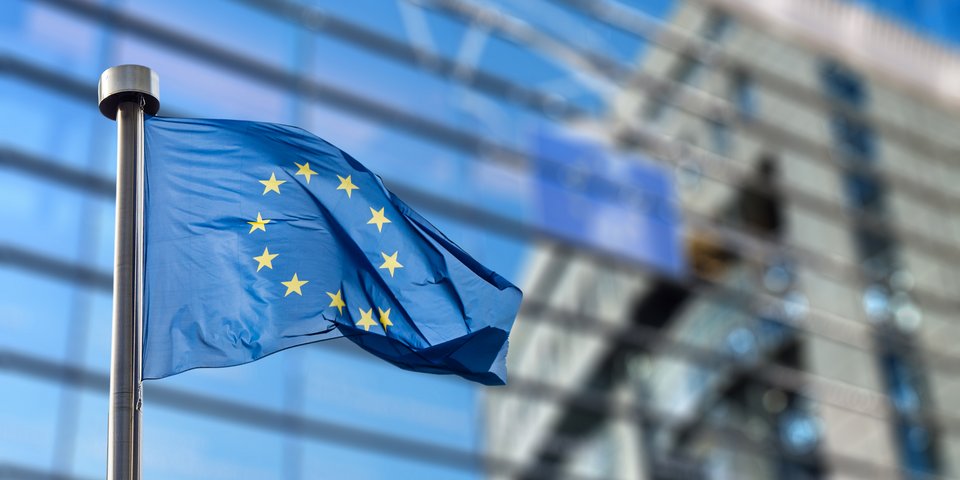 artJazz
artJazzKeynote speech by Olaf Scholz, the Chancellor of Germany
Europe is the future and it is in our hands
MK – 09/2022
Olaf
Scholz's Europe speech was given on 29 August at the Karlova University in
Prague. And with good reason. The city used to belong to the Eastern Bloc and
it was the scene of the Prague Spring. In his speech, Scholz referred to the
university's almost 700-year heritage and he sees it being closely linked to
the history of Europe.
Reforms for Europe
French President Emmanuel Macron's speech
at the Sorbonne five years ago, in which he proposed reforms for the EU, was
not addressed by German politicians at the time. Scholz is now seizing the
opportunity - at least indirectly - to take up these proposals and expand them
through his visions for Europe's future. Due to the "turning point"
with regard to the war of aggression in Ukraine, he is seeking reforms within
the EU, which he did not present as "ready-made German solutions",
but divided them into four conceptual approaches.
First concept: Enlarging the EU to the East
Scholz's first train of thought dealt with
enlarging the eastern part of the EU. This includes the Western Balkans,
Ukraine, Moldova and, in perspective, Georgia. The EU would then grow from 27 to
36 member states. Scholz is seeking reforms to ensure that the EU remains
capable of acting despite the large number of member states. In particular, he
sees the fact that countries can presently block important decisions with a
veto through the unanimity principle as a problem. He offers the majority
principle as a solution to this. Neither should the number of MEPs in the
European Parliament continue to grow when new member states are admitted.
Second concept: European sovereignty
According to Scholz, European sovereignty
means taking responsibility for one's own security and close cooperation
between member states in order to present mutual values and interests
worldwide. He wants to introduce a "strategic update of the internal
market” to realise this. The EU should become a pioneer in key technologies,
such as energy, defence, mobility and space. He continues to see joint
cooperation in procuring and producing armament projects. The EU also needs an
independent Council of Defence Ministers - especially against the background of
the war of aggression in Ukraine.
Third concept: Overcoming conflicts and finding new solutions
Scholz
wants deadlocked conflicts within the EU to be resolved. He cited the migration
policy as an example. He would like to reform it based on foresight. Scholz
envisages preventing illegal migration whilst still enabling legal migration.
Scholz would like to see more binding partnerships with the countries of origin
and transit. Furthermore, this will rely on effective border protection that
meets the standards under the rule-of-law. Finally, he wants a solidarity-based
and crisis-proof asylum system that will provide legal migrants an early
opportunity to take up work. According to Scholz, freedom of movement should
not result in the social systems becoming overloaded.
Fourth concept: No tolerance for value violations
Democratic values are fundamental to the EU
and they guarantee its continued existence. Violations of rule-of-law
principles will not be tolerated, said Scholz. The majority of citizens would
like to see a stronger commitment to freedom and democracy in their member
states. Scholz attaches appropriate importance to consistent sanctions for any
violations. EU payments should also be linked to the rule-of-law.
The extent to which the reform plans will
be taken up is not foreseeable at present. Czech President Petr Fiala currently
holds the Council Presidency and he might put the issue on the political agenda
in Brussels. However, he has expressed reservations about the German
Chancellor's concepts.
